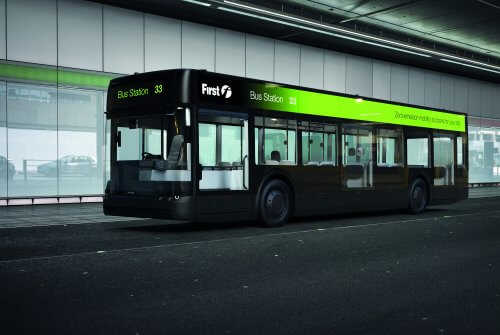
New electric vehicle producer Arrival has impressed with its talk of radical new technology and microfactories, but what drives the company? CBW takes a closer look
The name Arrival has appeared a few times in the pages of CBW, with announcements of the firm’s new bus promising to deliver electric mobility at affordable cost. But is this a lot of marketing hype from a company which has, as yet, not delivered a single vehicle, or is there more to it? FirstGroup, which is to trial four of the manufacturer’s Gamma Zero buses at an as-yet undisclosed depot seems to think it is at least worth looking at more closely, as does parcel firm UPS, which has a standing order for 10,000 delivery vans. With a stated aim to disrupt the market, and based in Banbury, Oxfordshire, who is behind the new arrival on the bus scene, and what drives the company forward?
[…]
By subscribing you will benefit from:
- Operator & Supplier Profiles
- Face-to-Face Interviews
- Latest News
- Test Drives and Reviews
- Legal Updates
- Route Focus
- Industry Insider Opinions
- Passenger Perspective
- Vehicle Launches
- and much more!


